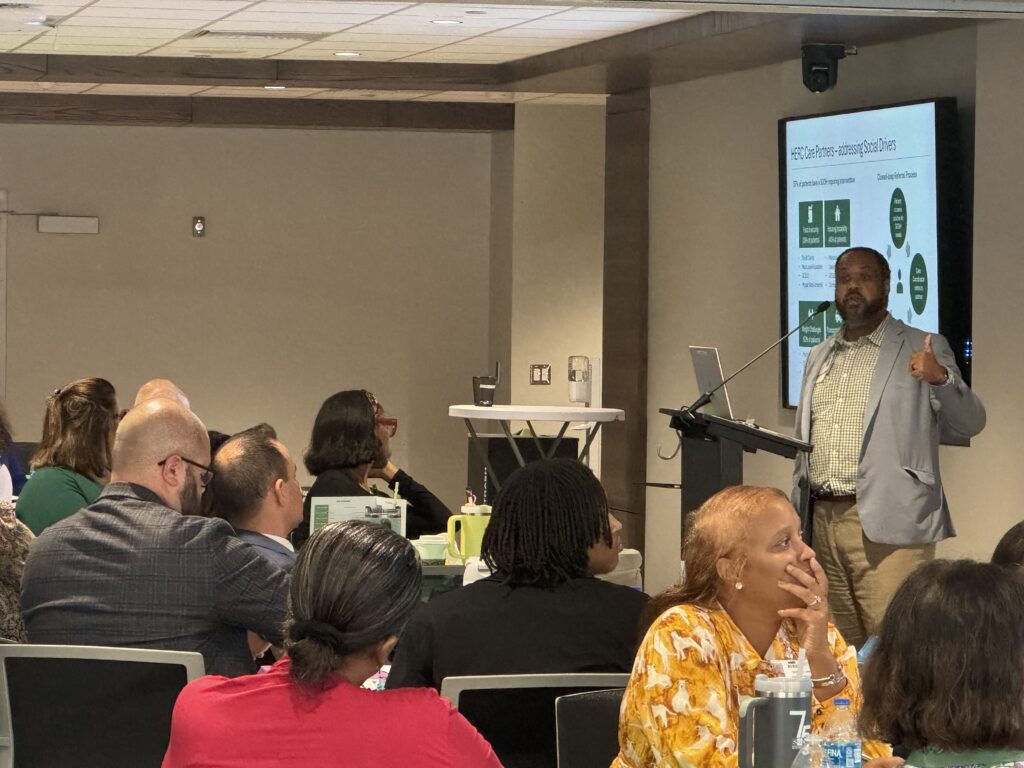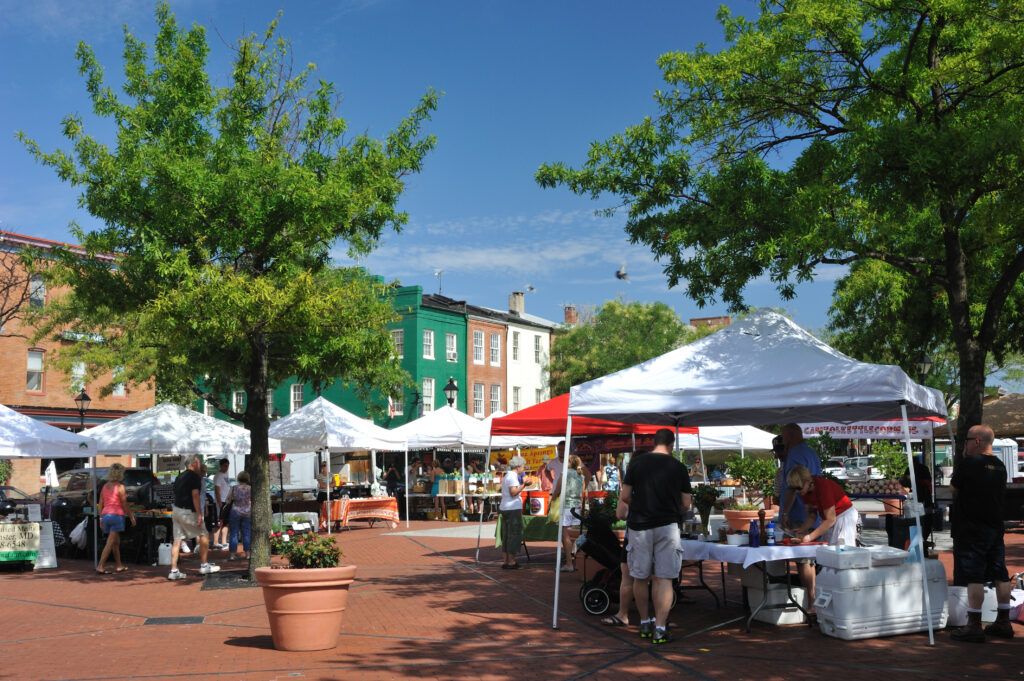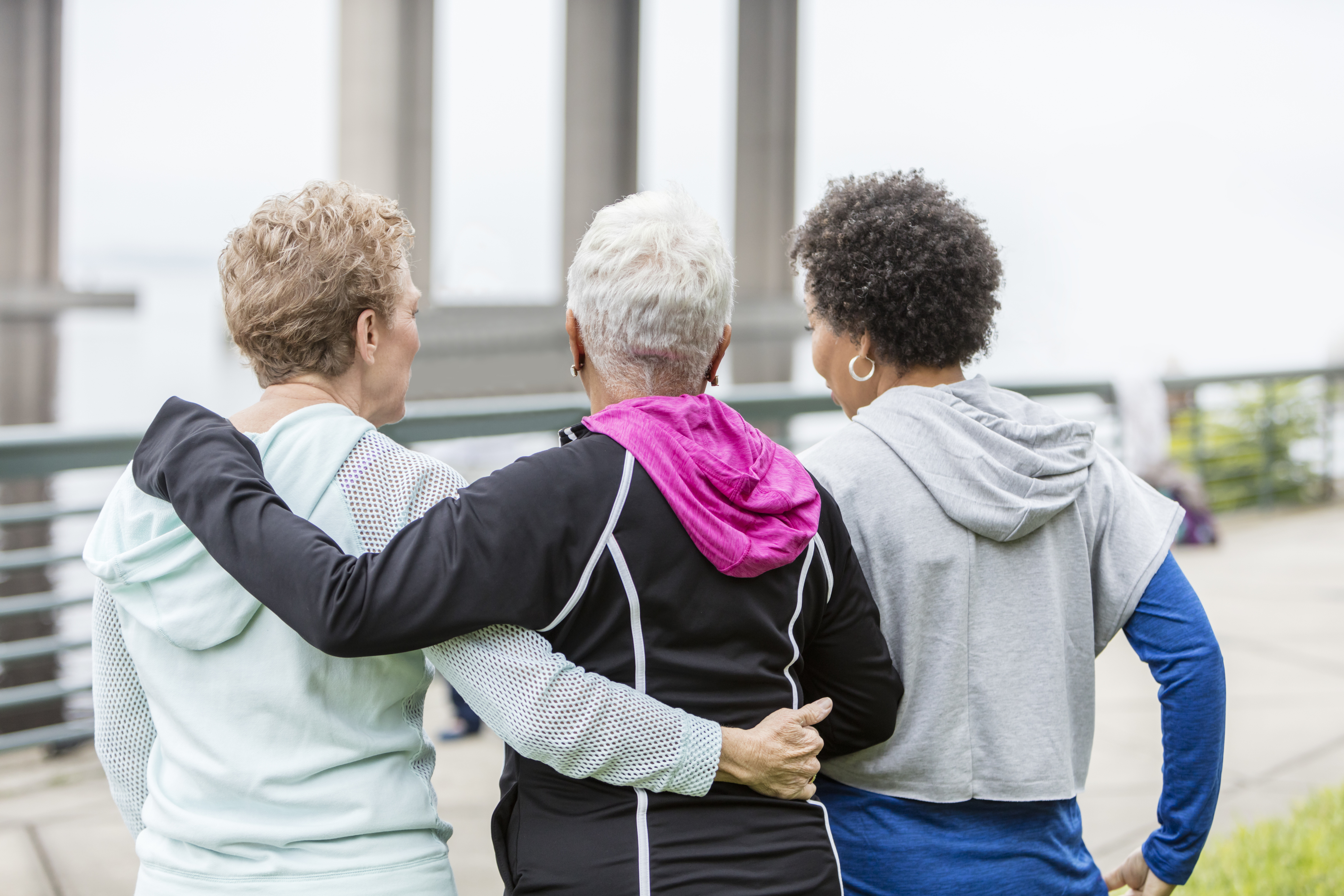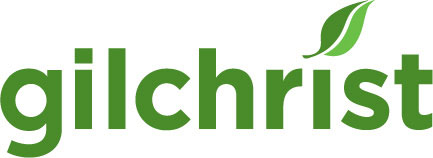Building Trust, Strengthening Community: Gilchrist’s Collaborations with Local Organizations
At Gilchrist, care extends beyond the bedside. As Maryland’s leading nonprofit provider of serious illness and end-of-life care, Gilchrist understands that supporting patients and families also means strengthening the communities where they live. Through intentional partnerships with local organizations, Gilchrist builds trust, provides education, and ensures that more people have access to the compassionate care they deserve.
Expanding Access Through Strategic Partnerships
Gilchrist has long recognized that access to hospice and palliative care is not equal across all communities. Many families—particularly those in communities of color, immigrant communities, and those with limited resources—face barriers such as language, mistrust, or lack of awareness. That’s where community partnerships make all the difference.

“By showing up consistently—whether at health fairs, churches, or community offices—we normalize the conversation about hospice,” says Wayman Scott, Associate Director of DEI and Community Relations. “That’s especially important in communities that have faced barriers, like mistrust or lack of information.”
As part of a strategic initiative to expand access, Gilchrist has partnered with:
- AAPI Commission for Howard County
- My Life Foundation, a mental health and wellness organization serving the Korean American community (Anne Arundel County)
- Alianza, the Latino Commission for Howard County
- Pleasant Hope Baptist Church (Baltimore City)
- Office of Hispanic, Latino and Multicultural Affairs (Anne Arundel County)
- Enterprise Residential, a nationwide provider of affordable housing for seniors, headquartered in Maryland
These relationships have already led to tangible impact. With Enterprise Residential, Gilchrist has hosted grief support and outreach events for residents. A five-year agreement with the Baptist Ministers Conference of Baltimore will allow Gilchrist to regularly connect with local congregations through Serve Health Sunday. And through a one-year contract with the Maryland Department of Human Services, Gilchrist now hosts outreach tables three times a month at offices serving more than 22,000 clients monthly.
“These efforts are about trust,” Wayman explains. “If you need hospice, it’s important to know about it before you’re in crisis. Partnerships let us meet families where they are, in places where they already feel safe and supported.”
Rooted in Baltimore: GEDCO and Stadium Place
Partnerships have always been at the heart of Gilchrist’s mission. Nowhere is this more evident than in Baltimore City, where Gilchrist established its campus at Stadium Place in 2021. Leaders knew it was important not only to bring hospice services into the city, but also to root the organization in a place where seniors and families could see and feel its presence every day.

One of the most meaningful connections has been with GEDCO (Govans Ecumenical Development Corporation), a nonprofit dedicated to helping older adults live safely and independently. GEDCO provides affordable housing, food assistance, financial support, and resources that allow seniors to age in place with dignity.
“GEDCO’s mission aligns so closely with ours, which makes this partnership a natural fit,” says Dionne Savage, Director of Community Programs and Partnerships. Dionne serves on the Stadium Place board, while Wayman serves on GEDCO’s board—ensuring that Gilchrist remains deeply involved in decisions that affect the community.
Through GEDCO events like fundraisers, holiday programs, and senior resource fairs, Gilchrist is a consistent and trusted presence. “It’s about being visible and building trust,” Dionne explains. “When families see us in their neighborhoods, in their churches, at their community centers—they know we care about them, not just as patients but as people.”
Meeting Community Needs
The needs of each community vary, but certain themes rise to the top—especially the desire for seniors to age in place.
“Many people assume they’ll have to move to a nursing home if they can’t manage on their own,” Dionne says. “Through partnerships, we can connect them with resources—financial, medical, and practical—that allow them to stay home safely. And through our Geriatric Medical Care and Palliative Care programs, we can support them upstream, before they even need hospice.”
Education is another key focus. Both Dionne and Wayman emphasize the importance of dispelling myths about hospice, particularly the misconception that patients will die within days of starting care. By engaging with churches, schools, universities, and civic organizations, Gilchrist is helping families understand that hospice is about comfort, dignity, and living fully for as long as possible.
Looking Ahead

As partnerships grow, Gilchrist envisions becoming a trusted extension of the many organizations it collaborates with. “Our missions are aligned—we’re all here to support the community, especially older adults,” Dionne says. “We want people to feel comfortable talking about aging and end of life, to have their affairs in order, and to know they’re not alone.”
Wayman agrees. “It takes a village. No one organization can meet every need. But together—with churches, housing providers, schools, and community leaders—we can build trust and ensure that every family has access to compassionate care.”
Through collaborations with local organizations, Gilchrist is not only caring for patients today but also investing in the future—building stronger, healthier communities for tomorrow.
To learn more, visit: https://gilchristcares.org/


